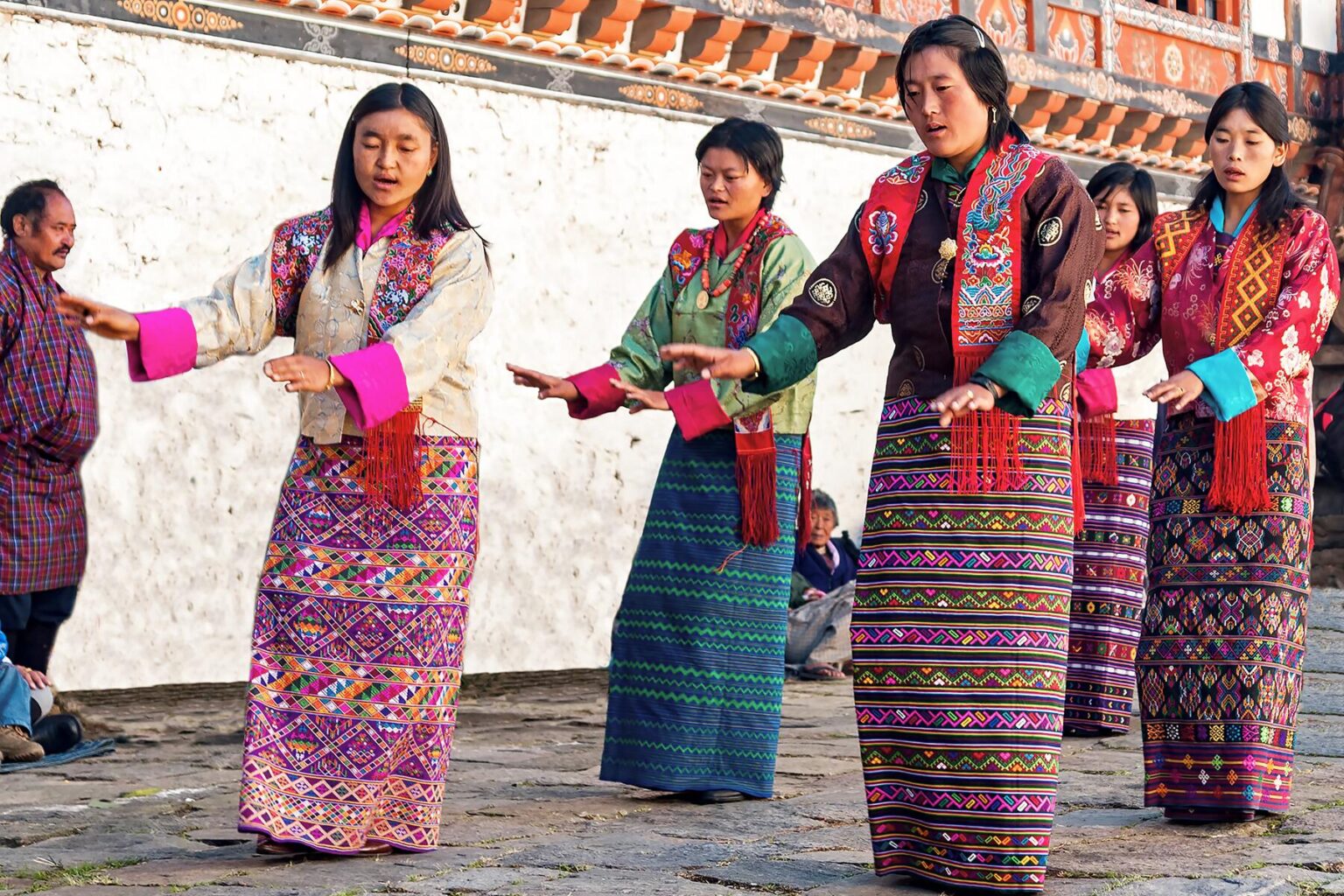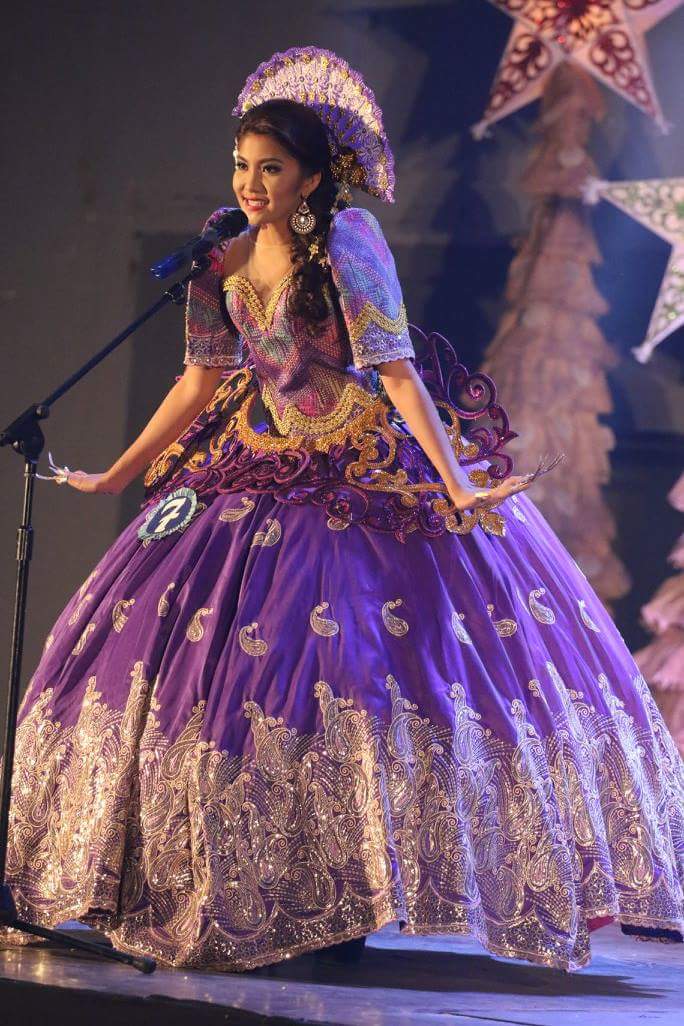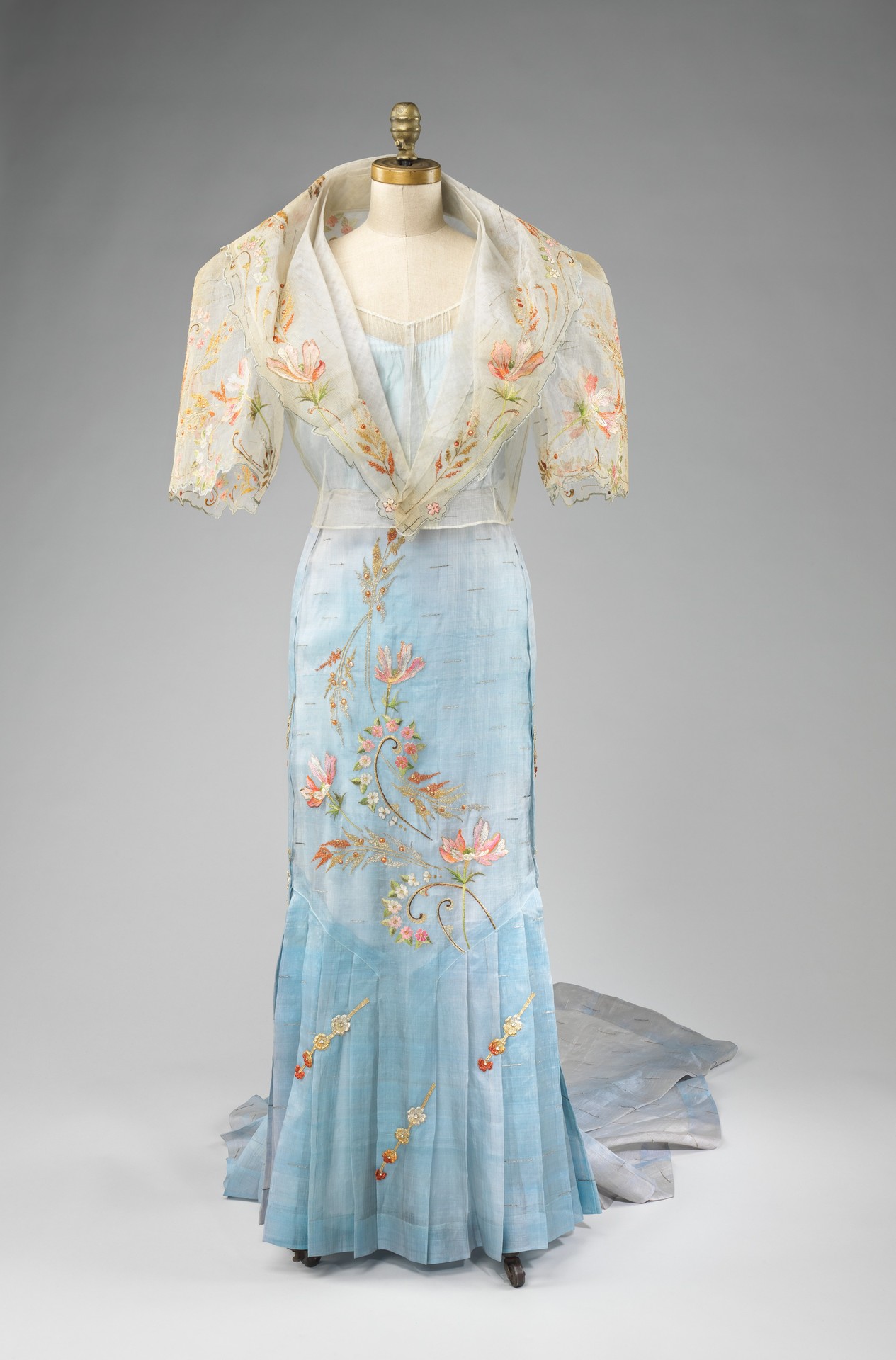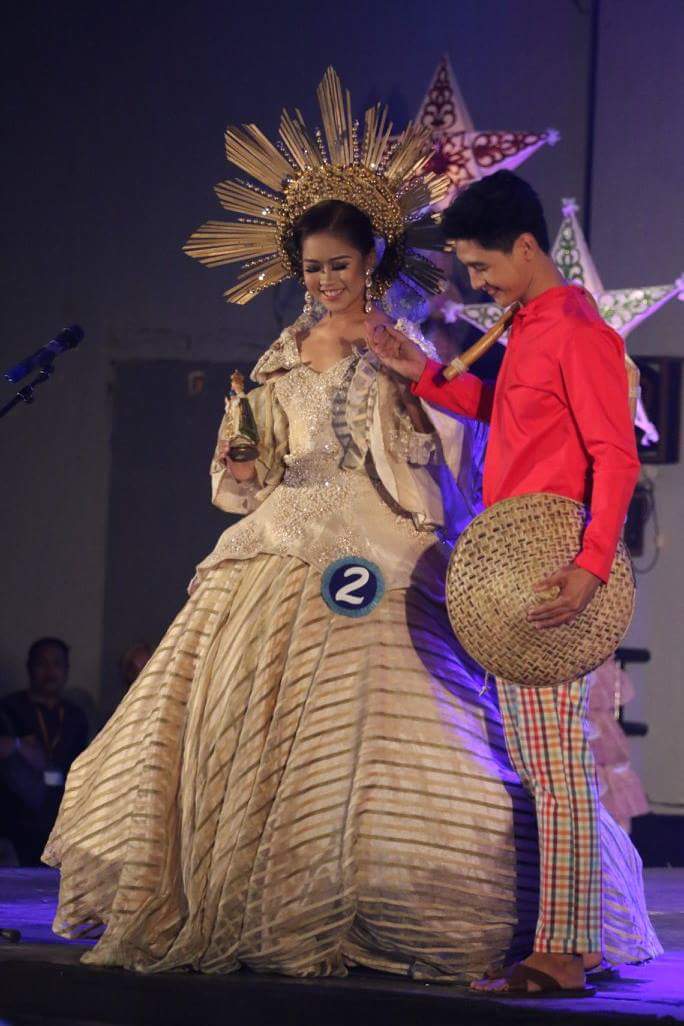
The Mindanao Collection DesignerMalou Cordery PhotographerShawn
The Filipiniana will always be every Filipina's outfit of cultural identity. It embodies values, customs, and traditions of the Filipino people. By wearing a Filipiniana dress, women can definitely showcase their culture and heritage with confidence and elegance.

Things to Know about Philippines Traditional Costumes All Info About
The official national costume of Filipina women is called Baro at Saya (Baro't Saya), also known as Filipiniana. According to an article published by Philippine Folk Life Museum Foundation, the wearing of Baro't Saya originated from the Spaniards and it was worn throughout the 400 years of the Spanish colonization.

Ifugao dance from the mountainous region of Northern Philippines
However, traditional Filipino attire remained an important symbol of cultural identity, and it continued to be worn on special occasions and cultural events. Post-Independence: After gaining independence from both Spain and the United States, there was a resurgence of interest in Filipino culture and traditional attire. Nationalistic movements.

Festivals of Mindanao Page 62 SkyscraperCity Filipino fashion
Overview of Filipino Clothing Filipino clothing reflects the vibrant cultural history of the Philippines. With influences from Western and Eastern civilizations, Filipino clothing is a unique blend of tradition and innovation. Among the most notable pieces of traditional clothing in the Philippines are the Barong Tagalog and Filipiniana.

traditional costume davao mindanao philippines Stock Photo, Royalty
1. Barong Tagalog: The Quintessential Men's Attire Bukang-liwayway, CC BY-SA 3.0, via Wikimedia Commons Crafted with unwavering dedication, its intricate patterns are meticulously hand-stitched, each thread weaving a rich tapestry of Filipino culture and heritage.

Pin on PHILIPPINES
Filipino national costume is rather colorful, ornate and beautiful. Filipino people lived under the occupation of other countries for centuries. That's why their national attire was formed under the influence of different cultures and got some of their features.

Philippine National Costumes Made of Local Materials That Will Amaze
Traditional Clothing of the Philippines! TRADITIONAL CLOTHING Available on Amazon: Barbie wearing the very elegant "Maria Clara" dress of the Philippines #CommissionsEarned :) National Attire of the Philippines Barbie wearing a traditional "Maria Clara" dress The official national costume of Filipino men is the barong tagalog.

Philippine National Costumes Made of Local Materials That Will Amaze
Barong Tagalog: The History Of The Traditional Filipino Attire | Tatler Asia We highlight our country's rich heritage and anything inherently Filipino. This month we start off with our traditional men's attire, the barong tagalog.

A Guide to the Philippines’ National Costume Philippine Primer
At present, Filipinos conform their way of dressing based on classic fashion or prevailing fashion trends. Apart from Western influence, the Philippine style of clothing was dictated by its climate.

Some old illustrations and photos of Filipinas in traditional dress
The baro't saya or baro at saya (literally "blouse and skirt") is a traditional dress ensemble worn by women in the Philippines. It is a national dress of the Philippines and combines elements from both the precolonial native Filipino and colonial Spanish clothing styles. [1] It traditionally consists of four parts: a blouse ( baro or camisa.

The Philippines Costumes around the world, Filipino fashion
Filipiniana is a traditional dress worn by women in the Philippines. It is usually made of pinya and other natural types of materials found in the country. Filipiniana is the counterpart of Barong Tagalog traditionally worn by men. Shop for various Filipiniana dresses and tops at Kultura. 90 products Women's Linen Cotton Half Chemise ₱299.00

walking distance & et cetera Filipino Costumes
In essence, the traditional clothing of the Philippines, whether the Barong Tagalog, the Maria Clara gown, or the ethnic attire of indigenous groups, is a tangible reflection of the nation's rich cultural heritage. It showcases a blend of indigenous, colonial, and contemporary influences, thus weaving a tapestry of stories defining Filipino.

Sinulog Festival in Cebu City Sinulog festival, Traditional fashion
Here we can see that the ethnic traditional clothing was already changed and evolved into a more modest one as what the Spanish would prefer during that time. Terno Fashion's Golden Years. The peak of Filipino fashion is during the commonwealth period of the country in the 1930s. It is the era where the Filipino culture is clearly defined.

Philippine National Costumes Made of Local Materials That Will Amaze
Filipiniana Dress or Gown is a traditional and the national dress in the Philippines. Worn by Filipinas during special events and occasions. Full Wikipedia Article Here. History of the Filipiniana. Since the early 20 th century, women in the Philippines have worn the traditional Filipiniana dress to celebrate special occasions. Its elegant.

Igorot Filipino clothing, Fashion clothes women, Fashion
The culture of the Philippines is rich and diverse. Today, we'll talk about the traditional clothing of the Philippines and, in particular, about each garment separately. Let's find out what did the Filipinos wear in the past and which folk garments they prefer today.

Filipiniana dress, Traditional dresses, Outfit accessories
It is a common formal or semi-formal attire in Filipino culture, and is worn untucked over an undershirt with belted trousers and dress shoes. Baro't saya is the feminine equivalent of barong tagalog, with the Maria Clara gown being the formal variant of the latter. [1]